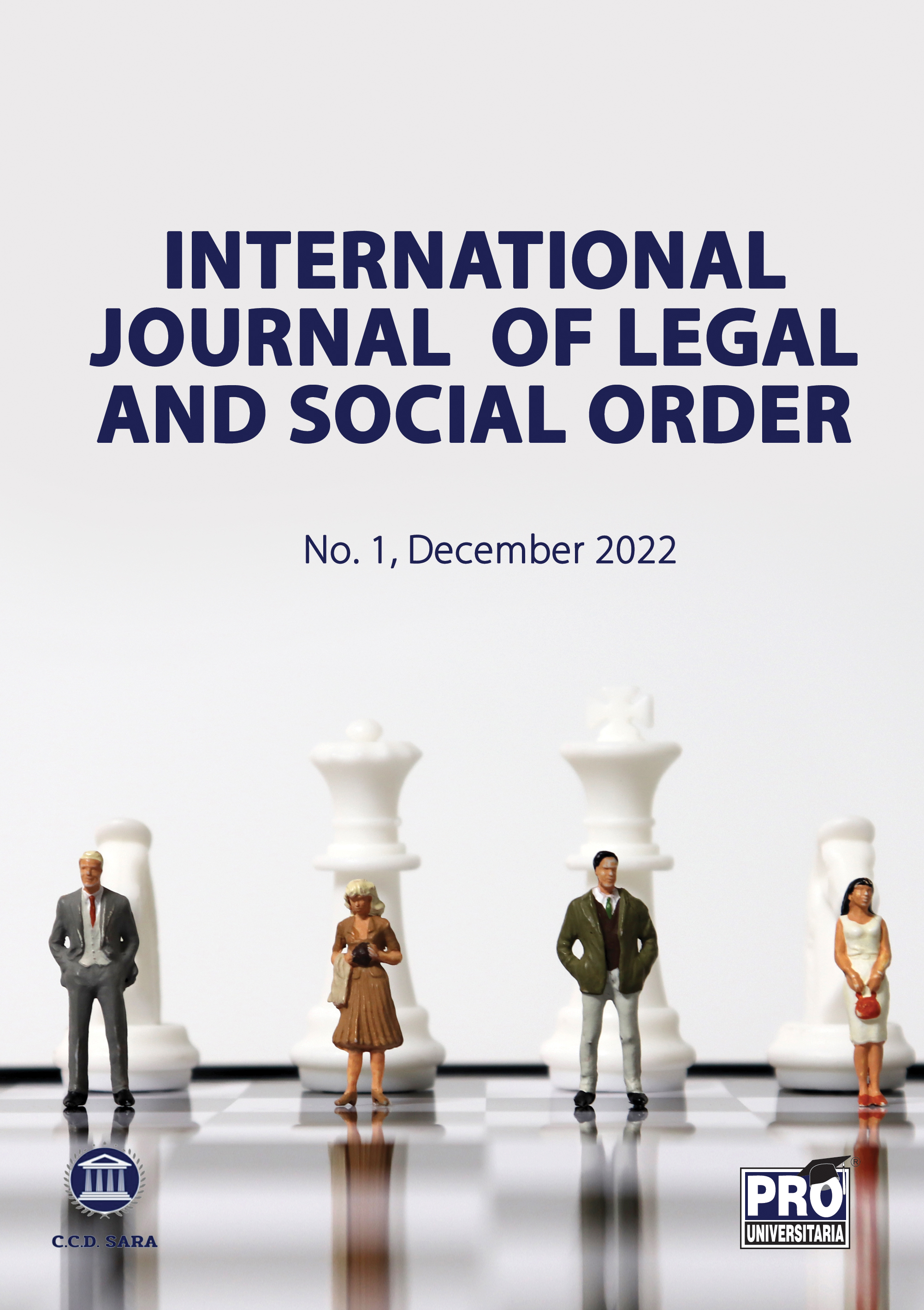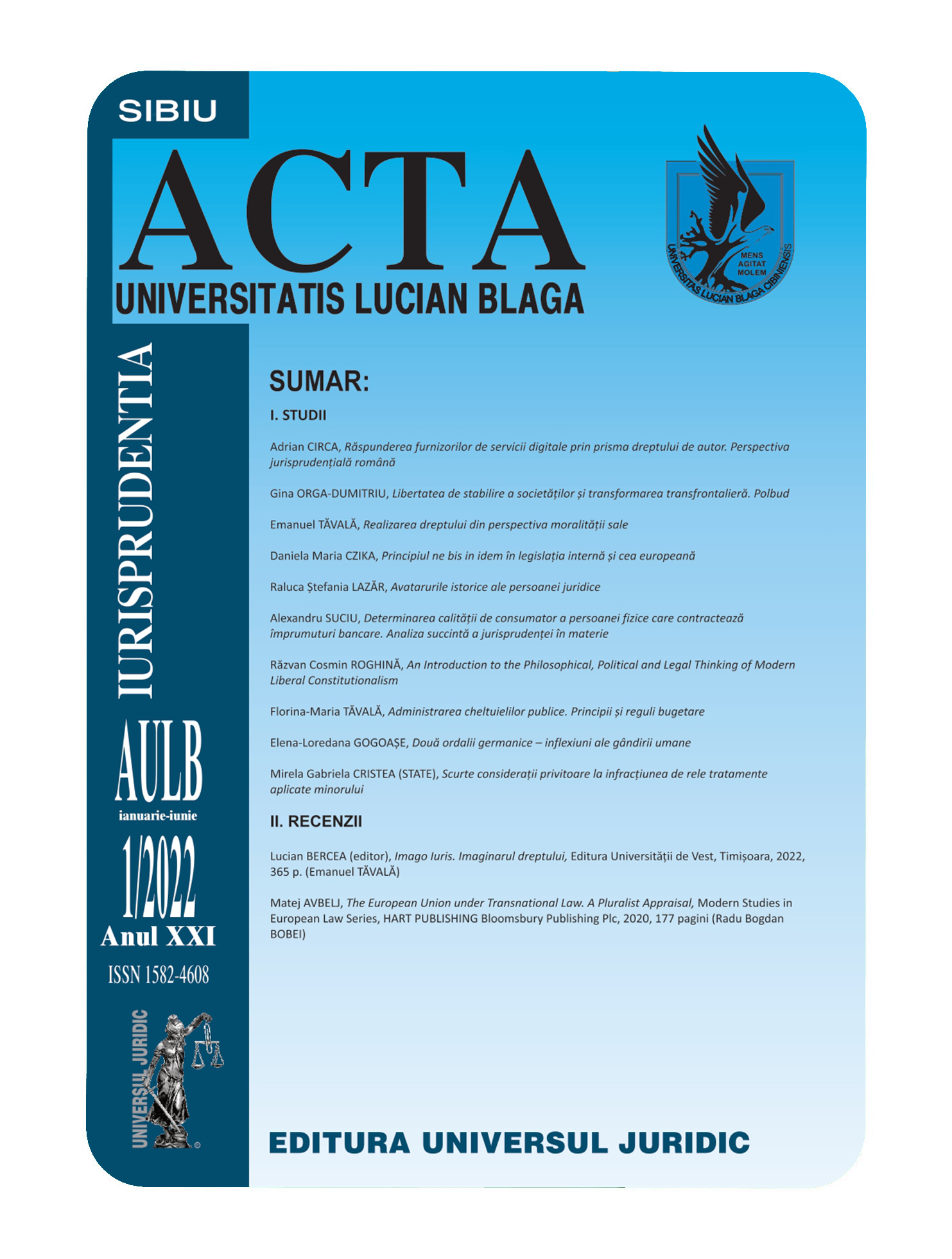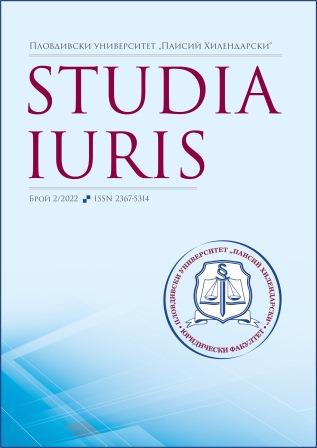
LEGAL RELATION. SPECIAL POINT OF VIEW ON THE CITIZEN’S SUBORDINATION RELATION WITH PUBLIC AUTHORITIES
The scope of this study is to highlight the features of certain particular types of legal relations derived from the administrative law, namely subordination relations. The study starts from the general idea of legal relation, by analyzing its importance in building legal relations given that there would be no legal order and legal reality without legal relations. Further on, the study brings into discussion the administrative law relations, representing a category of the legal relations. Of all the types of administrative law relations, we specifically focused on the subordination relation and not just any subordination relation, but the one between public authorities and citizens. In relation to current realities that each of us experience, we consider that this subtype of administrative law relation deserves to be analyzed separately. In this way, the relation between public authorities and citizens acquires particular values, starting from the subordination of the citizen to the authority, but without the citizen being deprived of means of defense in case the authority violates his/her rights, legitimate interests or fundamental freedoms.
More...

